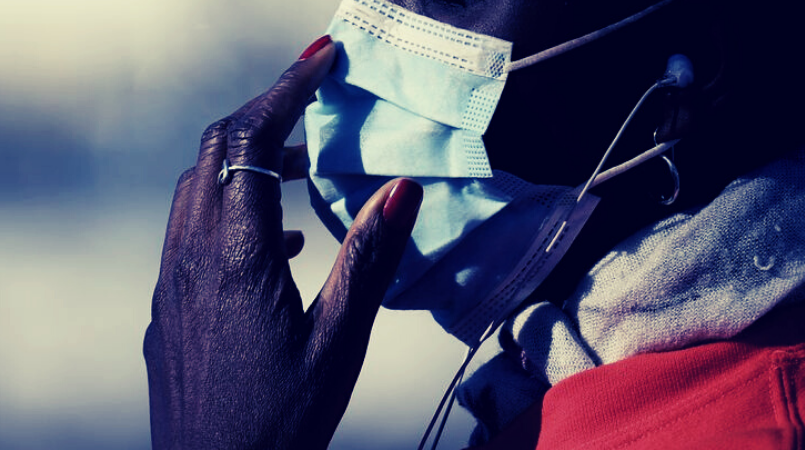
The COVID-19 pandemic will affect PNG in multiple ways.
Key concerns for the country include the economic impact of the pandemic and how this will affect the general population.
Senior Research Fellow at the National Research Institute, Dr Fiona Hukula, says equally important is the need to recognise the social problems that may arise as a result of the crisis.
“This includes gender-based violence,” she said in her paper entitled The potential impact of COVID-19 pandemic on vulnerable groups.
“While the attention of the government is focused on putting measures in place to respond to a possible outbreak and spread of COVID-19 by ensuring that essential services, such as utilities and frontline responders remain operational, it is also equally important that services for GBV remain functional during the SOE.
“In other parts of the world, there have been reports of increasing levels of violence against women due to the COVID-19 pandemic. According to UN Women (2020), emerging data shows that in Argentina emergency calls have increased by 25 percent since the lockdown on 20 March, 2020.
“Emergency calls have also increased in France and Cyprus. In the Pacific, Ofa Guttenbeil-Likiliki from the Tonga Women and Children’s Crisis Center raised concerns about the possibility of an increase in domestic violence in the Pacific due to coronavirus restrictions.
“It is expected that during times of hardship, violence will occur as families adjust to restriction of movement and economic hardship.
“The National Family and Sexual Violence Action Committee (FSVAC), in its statement to the SOE controller, outlined reported cases relating to sexual and gender-based violence in Jiwaka, Port Moresby and Wewak, through its network. In Port Moresby, the NCD FSVAC is also monitoring cases of sexual and domestic violence in the city.
“Some strategies to mitigate against gender-based violence include making sure that referral pathways are adequately supported during times of crisis,” suggested Dr Hukula.
“While Personal Protective Equipment (PPE) have been purchased and distributed to frontline workers for the COVID-19 response, it is important to note that PPE must also be distributed to first responders for GBV; this includes police, safe houses and community activists, health workers and family support centre staff.
“It is important that referral pathways stay open so that where there is misinformation and suspicion due to COVID-19, those who are accused of sorcery are able to access services such as temporary shelters.
“The health system has a majority female workforce. It is important to make sure that their health and safety is guaranteed, not only in the place of work but also in their homes.
“Women working long hours and different interpretations of how the virus is spread and how it can be prevented can lead to possible tensions within the home and within communities. Strategies to ensure safety of health workers should include a basic safety plan, mental health awareness and direct point of contact with key GBV service providers.
“It is also imperative that to minimise stigma, awareness relating to COVID-19 should emphasise the important role of frontline workers such as health workers and other essential service providers.”
